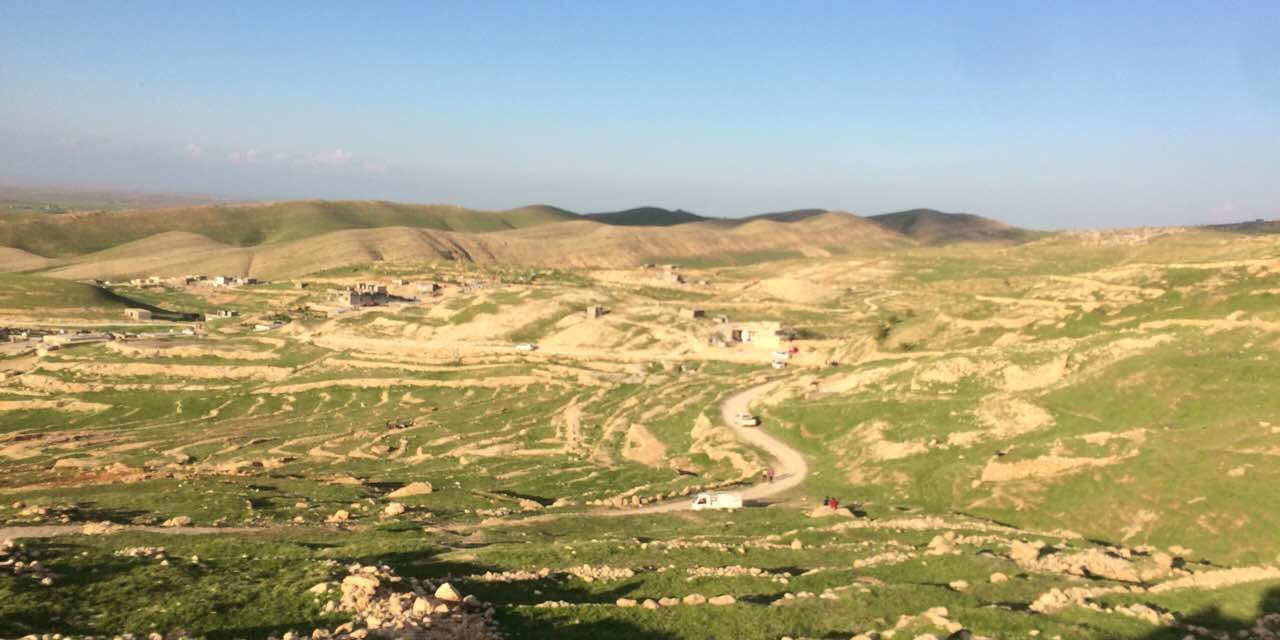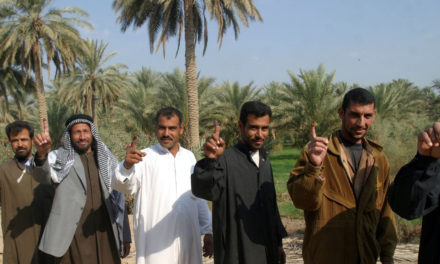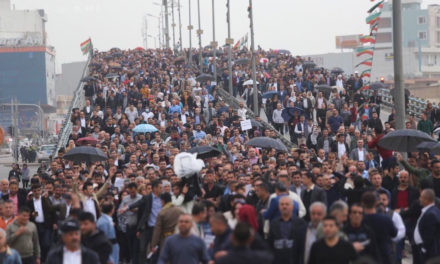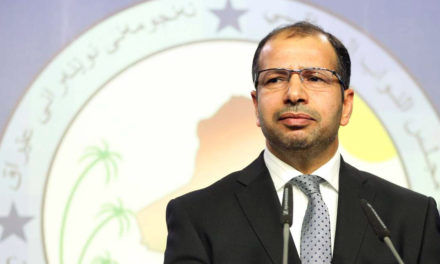(Photo: Nawaf Shengaly)
On October 9, 2020 the Government of Iraq (GoI) and the Kurdistan Regional Government (KRG) signed an agreement on the stabilization and normalization of Sinjar district. The agreement includes administrative, security and reconstruction-related clauses, aimed at encouraging international support for stabilizing and reconstructing Sinjar. Amongst others, the agreement called for the nomination of a new sole mayor for the district. The agreement also assigned security responsibility of the district exclusively to local police under GoI intelligence and National Security Advisory in coordination with KRG security services. In addition, 2500 new security personnel are expected to be hired from the area, including a percentage of identified recruits that are currently residing in internal displacement camps. In light of this agreement, what does it mean for the future of Yazidis?
Shingal, as it is also known by its residents, has become symbolic of the heroic sacrifices of the Yazidis in Iraq following appalling atrocities perpetrated by Da’ish in 2014. Yet the grievances of the Yazidi community are disturbingly further exacerbated by internal and regional political tensions over the governance of their disputed area, preventing and impeding their sustainable return and stabilization. Amid continuous political and economic challenges facing Iraq, repeated calls by the Yazidi community to find enduring administrative and political solutions for their grievances were unheeded until the conclusion of the Sinjar Agreement.
While the announcement of the agreement had sparked a glimpse of hope amongst various national and international actors, calling it a “historical” agreement and a “first and important step in the right direction”, the Sinjar Agreement did not resonate as positively within the Yazidi community, which it directly impacts. Despite being the first accord addressing the complexities of Sinjar’s governance, Yazidis are nowhere seen as party to the agreement, but rather subject to it. The sense of alienation has been echoed by members of the Yazidi community, who feel that they were not consulted and that certain clauses are inadequate to their needs.
Iraq has emerged from a long era of dictatorship throughout which different constituencies of Iraqi society were silenced, to ensure a tight grip over power. Nearly 17 years later, the parameters of a relatively newly established and maturing democracy are still in the making. The post-2003 power sharing system of governance between Sunnis, Shias and Kurds has proved to be flawed in some aspects. But it is additionally revealing how the current mode of governance in Iraq undermines national minorities’ role in political and social matters affecting them.
The unfolding of the Sinjar Agreement suggests that the current governing relationship with minorities is viewed as one of patronage, rather than that of co-citizenship and shared governance. It is dangerous to encourage, as part of democracy, the majority constituencies’ patronage over national minorities in Iraq. The Yazidi community’s particularities, complicated by a long history of alienation and political persecution, aggravated by the genocidal atrocities they have been subjected to, should not impede Yazidis’ ownership over their matters and interests. The sense, within the Yazidi community, of continuously being objectified by Baghdad and Erbil and being caught up in their politics is growing and should not be underestimated. By excluding Yazidis, Iraq loses part of its national identity, something we have seen with their increased immigration outside the country.
Yazidis’ voices and opinions should be heard and should inform matters concerning them. In addition to the substantial value of such agreements, it is how these agreements affecting Yazidis are undertaken and presented which can foster a genuine sense of belonging and inclusiveness. This is not the first time that the interests of minorities fall behind those of political majorities’ in Iraq. Moreover, an agreement between GoI and KRG on Sinjar will not be immune to political tensions surrounding its implementation, further extending the sufferings of the Yazidi community both in the district and in IDP camps. In fact, the Sinjar Agreement itself between the GoI and the KRG was followed by tensions between both authorities, which was also perceived as likely to slow down the implementation of the agreement’s clauses.
Yazidis in Iraq should be consulted when it comes to matters that impact their interests and lives. They are entitled to effective participation. An inclusive Iraq requires more than constitutional clauses on diversity and enacting legislations on the protection of minorities in Iraq. It requires a consistent mode of inclusivity and co-ownership of governance, streamlined through political, social and administrative initiatives, as well as informal channels of participation. Most importantly, it should be motivated by a genuine understanding that public policies advanced by political majorities should not interfere with the rights of minorities to be consulted on all matters, particularly those affecting them.

Hajar M. Baker
Hajar M. Baker holds an LL.M in International Human Rights Law and currently works in Iraq, researching on Iraq’s transitional justice and human rights-related legislation.










